In a recent podcast that has sparked a lot of controversy, Prime Minister Narendra Modi sat down with eminent AI researcher and podcast host Lex Friedman to discuss a range of topics, from India’s global role to the relevance of international organizations like the United Nations. While the podcast was intended to showcase PM Narendra Modi’s vision for India’s future, it was also heavily criticized by the Congress party, which accused the PM of being “hypo(de)crescent” and questioned the timing and content of his speech.
All the points in this post
PM Modi’s Podcast with Lex Fridman
The podcast, which lasted for over an hour, covered a range of topics, but it was PM Narendra Modi’s comments on international organizations that are said to have attracted the most attention. Prime Minister Narendra Modi expressed his dissatisfaction with the current state of the United Nations, describing it as “almost irrelevant” to meet the challenges of the 21st century. He argued that the UN and other international organizations need to undergo significant reforms to remain effective in a rapidly changing world.
In addition, in his speech on India’s growing global influence, Prime Minister Narendra Modi stressed India’s role in tackling issues such as climate change, terrorism, and economic inequality. He highlighted India’s contribution to global peacekeeping missions and its leadership in initiatives such as the International Solar Alliance. Modi’s vision for India’s future was a confident, self-reliant nation that would play a key role in shaping global policy.

Congress’s Reaction to the Podcast
The Congress party was quick to react to Prime Minister Narendra Modi’s podcast, with senior leaders reportedly accusing the prime minister of hypocrisy. Congress spokesperson Randeep Surjewala criticized Modi on Twitter, using the term “hypocrisis” to highlight what he saw as a contradiction between Modi’s words and actions. Surjewala noted that while Prime Minister Narendra Modi has criticized international organizations, his government has often sought their support on issues, including climate change and economic development.
The Congress party also questioned the timing of the podcast, suggesting that it was an attempt to divert attention from important domestic issues such as rising unemployment, inflation, and the fight against the COVID-19 pandemic. They argued that Modi’s focus on international relations was a distraction from the problems Indians face every day.
Analysis of Modi’s Statements on International Organizations
Criticizing the United Nations and other international organizations is not entirely new to Prime Minister Narendra Modi. India has long been a supporter of UN reform, particularly in terms of including more permanent members to the Security Council. Modi’s comments reflect a broader frustration with the slow pace of change within these institutions, which were established after World War II and may not be fully prepared to deal with contemporary global challenges.
However, some experts argue that Modi’s statements could weaken the very institutions India has sought to lead. By branding the UN “almost irrelevant,” Modi risks alienating potential allies who still see value in these organizations. Moreover, his comments could be interpreted as a shift in India’s foreign policy, moving away from multilateralism to a more unilateral approach.

The Political Fallout
The podcast has undoubtedly sparked political debate, with both the BJP and the Congress using it to advance their respective agendas. For the BJP, the podcast is an opportunity to further cement Modi’s image as a world leader who does not hesitate to express his views. It also serves as a platform to showcase India’s achievements on the world stage, especially in areas such as renewable energy and digital innovation.
On the other hand, the Congress party is using the controversy to highlight Prime Minister Narendra Modi’s detachment from domestic affairs. They are trying to portray Modi as a leader who is more concerned with international image than the well-being of his own citizens by throwing light on the term “hypo(de)crisis”. This tactic may resonate with voters who feel that the government has not done enough to address their concerns.
The Broader Implications
The podcast also raises important questions about the role of new media in political communication. This type of podcasting platform allows leaders to speak directly to the public rather than through traditional media outlets. This can be both a strength and a weakness. On the one hand, it helps leaders control their rhetoric and reach a global audience.
On the other hand, it can create debates that are difficult to manage, such as the one surrounding Modi’s comments. Moreover, Prime Minister Narendra Modi’s podcast highlights India’s growing importance on the world stage. India has significant influence in international politics and has also discussed the world’s biggest issue, the economy.
Prime Minister Narendra Modi’s willingness to criticize established institutions like the United Nations is indicative of India’s changing role in the world in the podcast. It indicates that India is no longer content to play a secondary role in global affairs but is reportedly seeking to shape the international order in its own image.
the end
The podcast that Prime Minister Narendra Modi and Lex Friedman co-hosted has reportedly sparked heated debates both within the country and around the world. While it has given Modi a platform to express his vision for India’s future, it has also been criticised by the Congress party, who have been heard accusing him of hypocrisy.
The debate highlights the difficulties of political communication in the digital age and raises important questions about the effectiveness of international organisations in a rapidly changing world. India’s leaders will have to navigate these complexities carefully as it continues to rise to the top of the global stage.
Prime Minister Narendra Modi’s podcast is a reminder that in today’s interconnected world, words matter and the way leaders express their views can have far-reaching consequences. Whether the podcast will further polarise public opinion or enhance Prime Minister Narendra Modi’s image as a world leader remains to be seen.

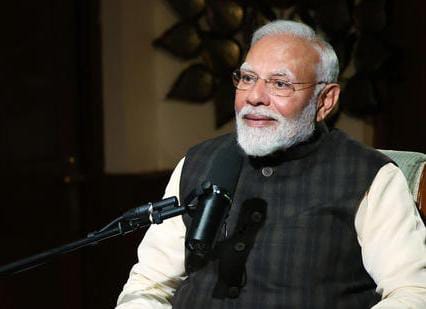



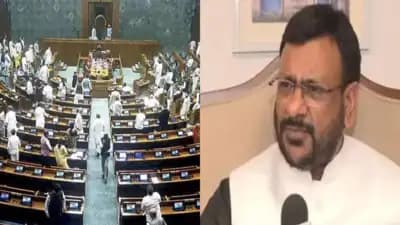
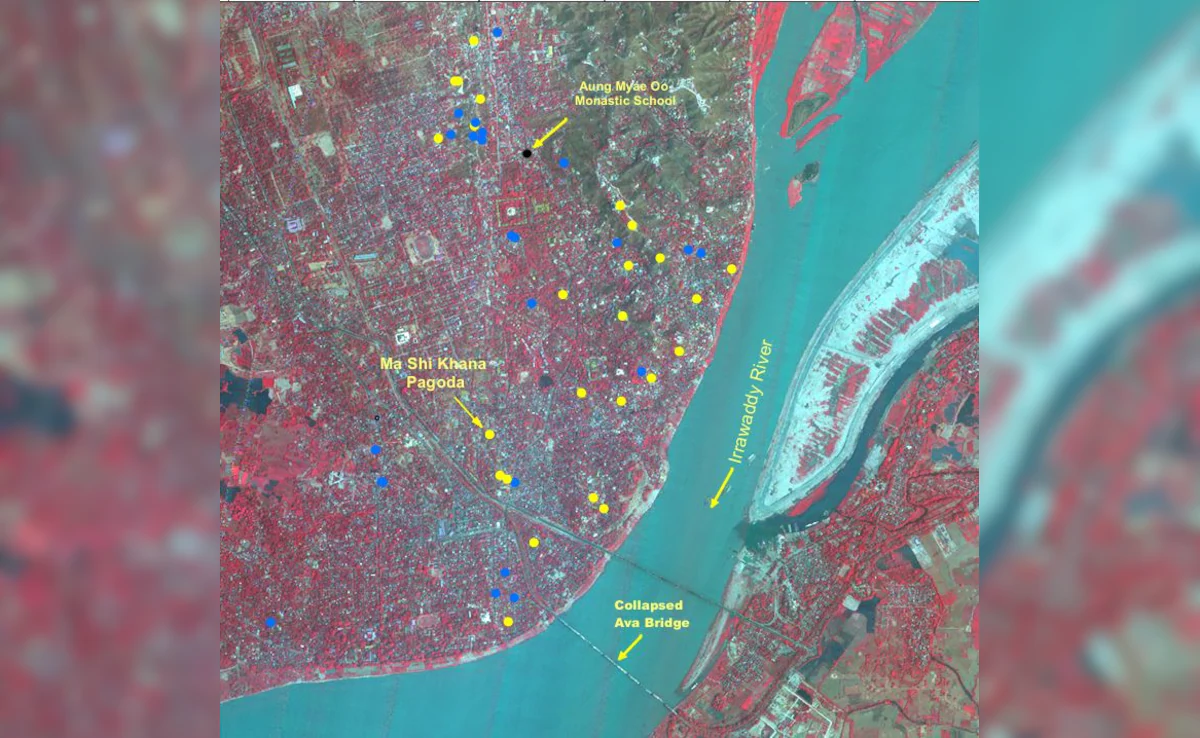





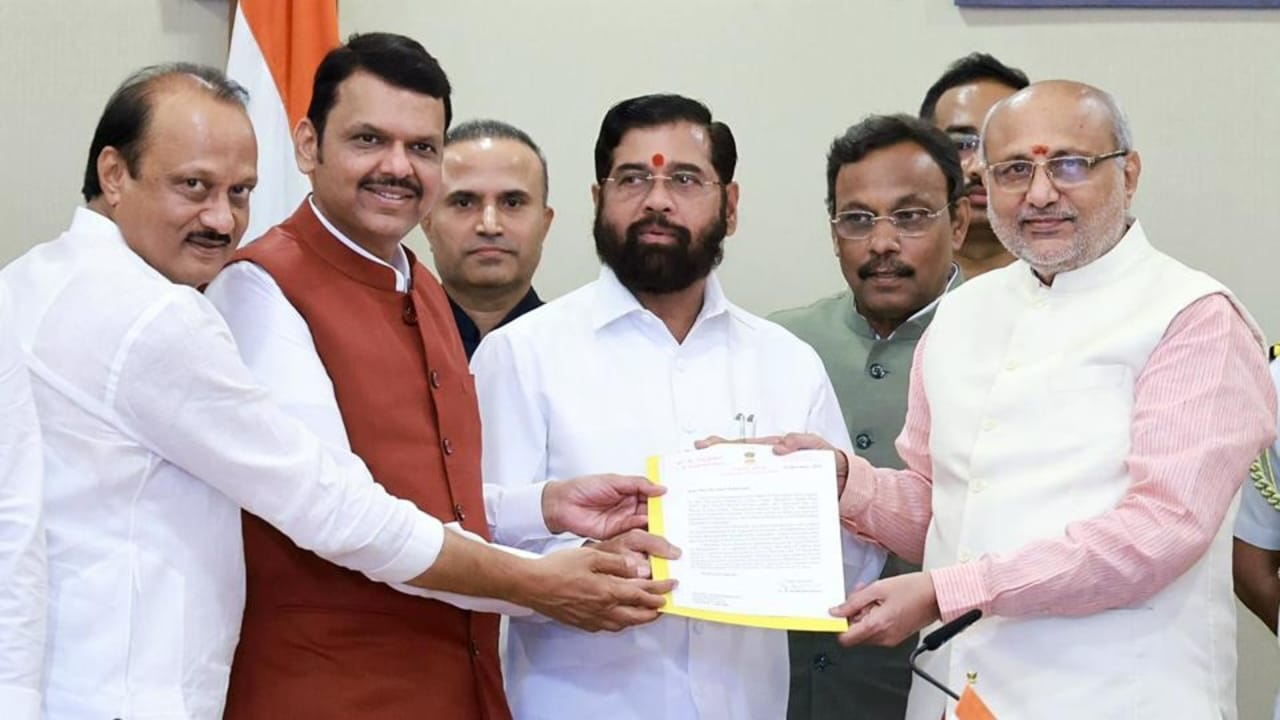
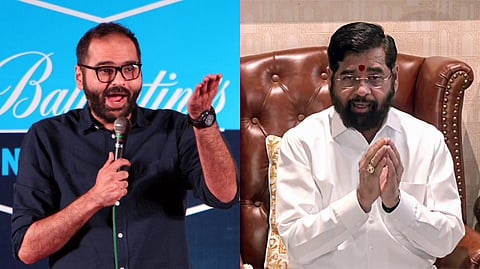
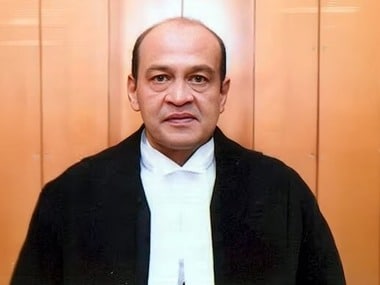

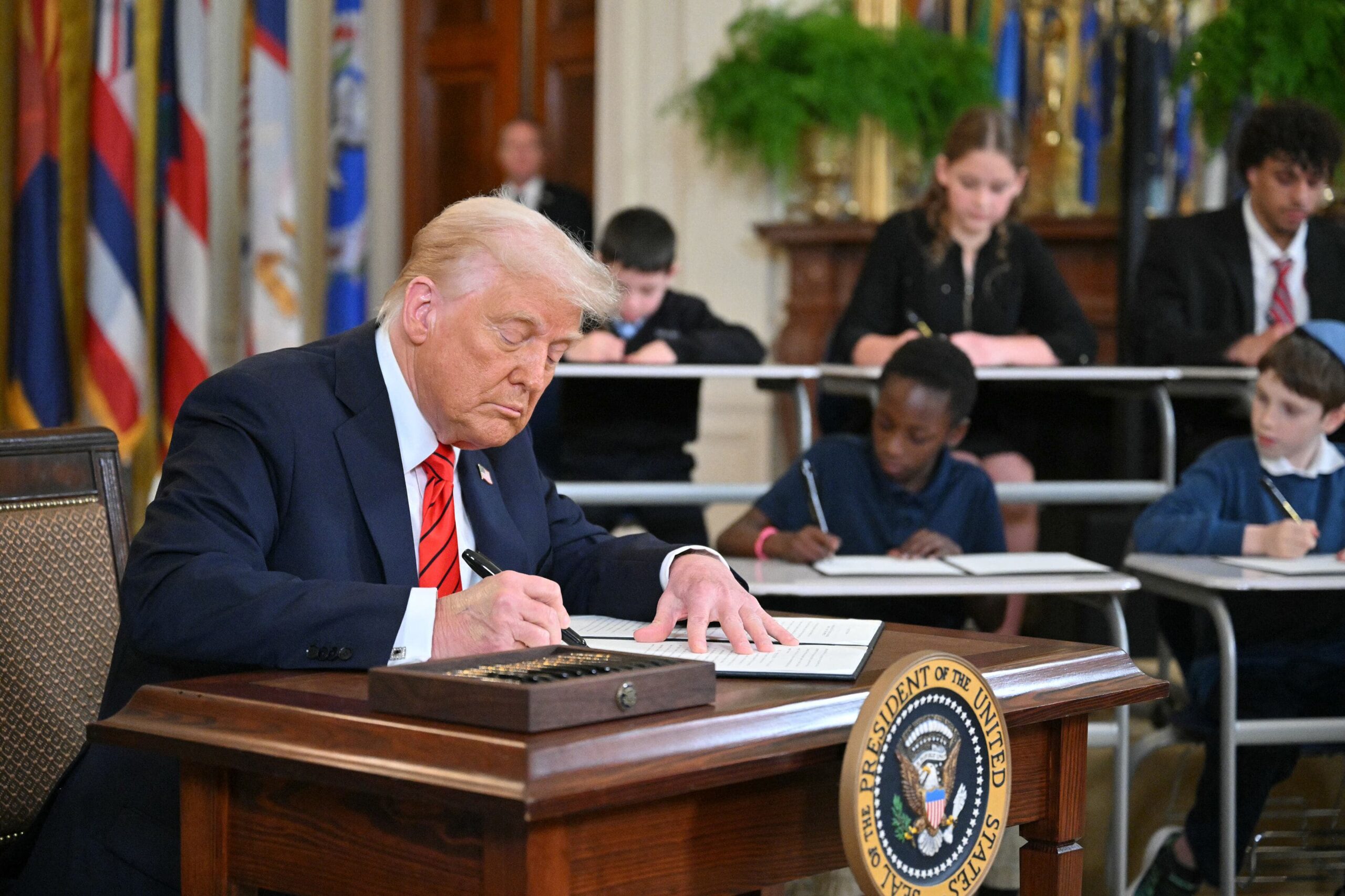


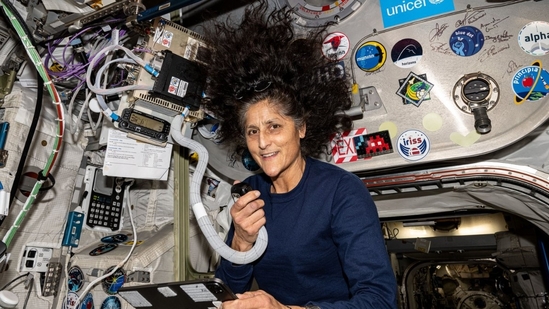

Leave a Reply